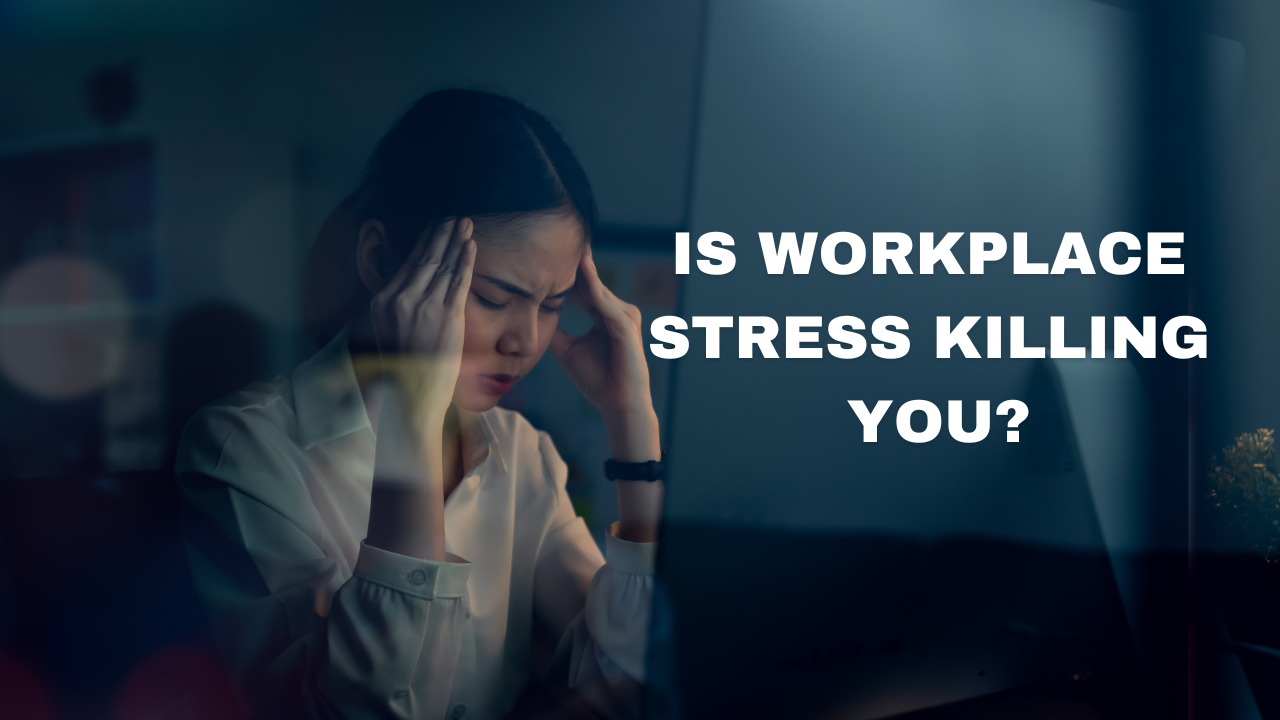How many of us can honestly say we’ve never had a day at work where we felt completely overwhelmed, like everything was out of control? Probably not many. Stress at work comes in many forms, and over time, we all learn to navigate it. But when we hear about tragic cases, like people taking their lives because of workplace pressure, it shakes us to the core.
These stories are becoming all too familiar, raising urgent questions about the impact of workplace stress on mental health. We empathize because we know how tough it can get, and we worry too. The workplace has increasingly become a major source of mental health struggles, and that’s why this year’s World Mental Health Day focuses on this very issue.
With so many people feeling crushed under professional demands, it’s more important than ever to have an open conversation about the boundaries between work and life. With Dr. Saurabh Mehrotra, Associate Director, Psychiatry, Medanta, will try to understand how we can address the growing crisis of mental distress in the workplace.
Talking about how chronic workplace stress affects the brain and body over time, Dr Saurabh explains, “We’re seeing an overwhelming number of employees struggling with stress—close to 60-80%. Nearly 50% are nearing burnout. Stress has become a constant presence, especially at work.
Its effects are broad, impacting physical health, emotional well-being, productivity, and relationships. Early signs of stress include changes in sleep and .


















